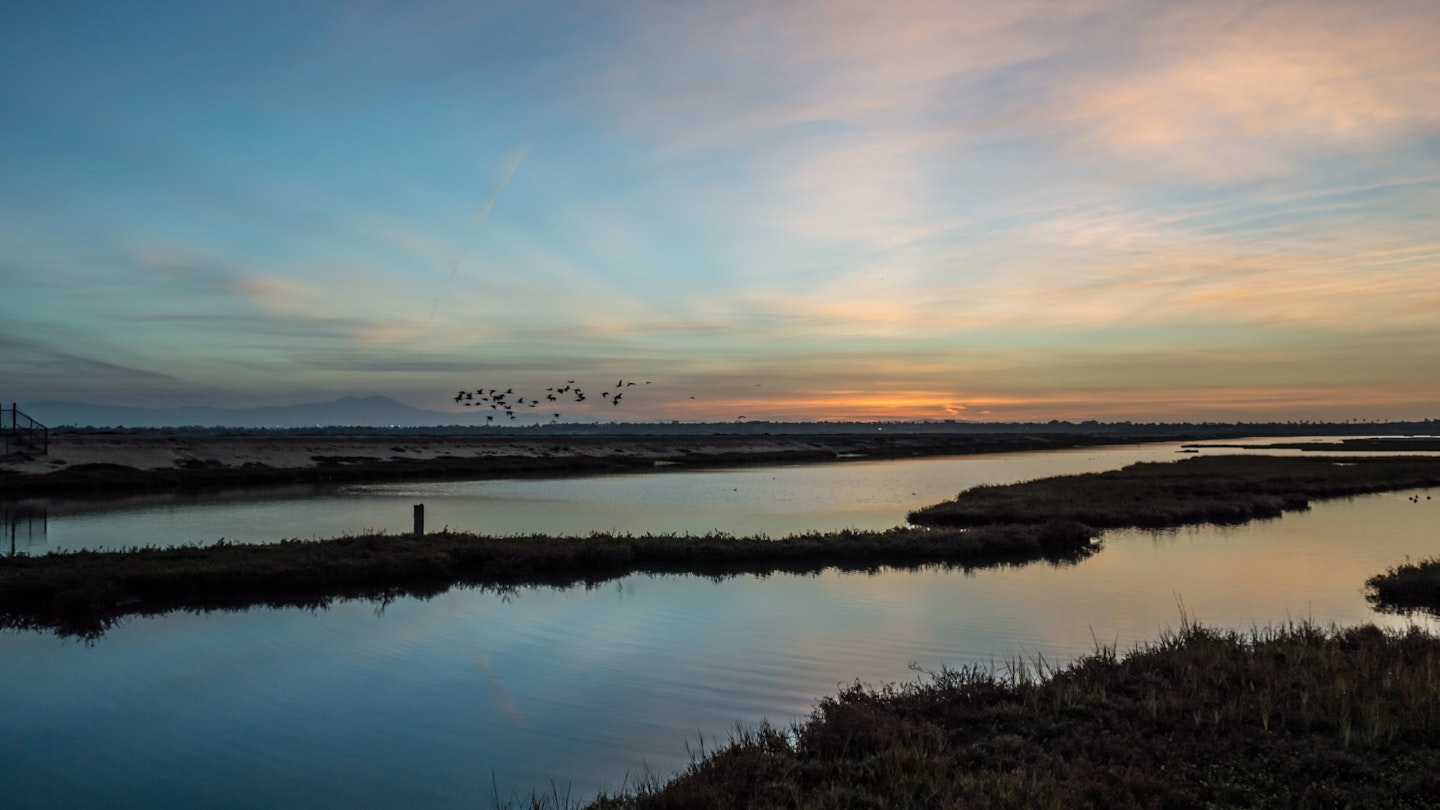They’re a necessity, but the worldwide lockdowns haven’t been a whole lot of fun for humanity; the animal kingdom, on the other hand, is having a much better time, from aquarium tours for puppies and penguins to goats roaming the streets to newfound friends at the zoo. Moreover, as people stay home during the crisis, the environmental effects have been noteworthy, with air quality markedly improving in areas with major quarantines and normally busy attractions receiving deep cleanings while the crowds are at bay.
Impact of Reduced Human Activity
For the Wetlands & Wildlife Care Center in Huntington Beach, California, the lack of human presence has significantly enhanced its mission of releasing rescued animals back into the wild. Consequently, without spectators on hand to snap pictures or interact with the creatures, the animals are assimilating more quickly into their natural habitats, according to the WWCC.
Recent Releases at Bolsa Chica

The center recently released several rabbits, two species of birds, and 28 mallard ducks into the natural wetlands of Bolsa Chica Ecological Reserve and surrounding areas in Huntington Beach. For example, a western grebe was brought in by a concerned citizen who found him floundering in the water. After receiving therapy in the center’s warm-water pools, he was released at Huntington Harbor on April 14.
Successful Rehabilitation
A few days earlier, a great egret was admitted with a beak injury and chemical burns, completely covered in oil. After treatment including a wash and a rinse with Dawn dish detergent, he was given time to recover, and subsequently released in Brookhurst Marsh on the same day as the western grebe.

Continuing Efforts Amid Challenges
Though the WWCC continues its essential work during the pandemic, it faces significant challenges, including at-risk funding and limited volunteer support. Nevertheless, the area’s injured, orphaned, and sick wildlife still urgently needs attention. The center is committed to maintaining care for the animals currently in their facility, while community members continue to bring in even more rescues.
For more on the organization, and to support wildlife conservation, visit wwccoc.org.
The coronavirus (COVID-19) is now a global pandemic. Find out what this means for travelers.




